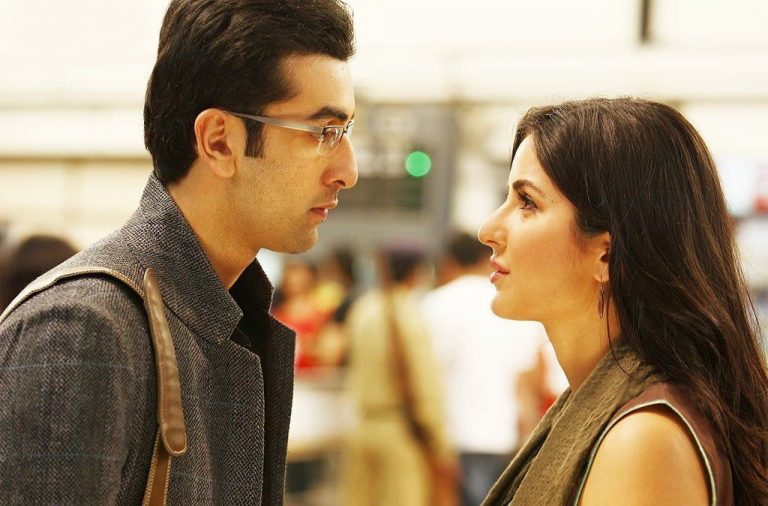

Through world cinema, audiences are granted a deeper appreciation of the complex challenges facing poor people in diverse contexts around the world.Īs I’ve talked with people about the topic of depictions of poverty in world cinema, without fail, every person says something to the effect of, “Oh! Like Slumdog Millionaire.” It seems no discussion of poverty depictions in world cinema is complete without looking at Slumdog.Īrguably, no film in the past ten years dealing explicitly with poverty has garnered as much critical and popular acclaim as Slumdog Millionaire. Though often fictional, the audience knows the stories are based on the real world, and so the audience is encouraged to accept a more nuanced impression of the poor. Films feature characters, and so films put actual names and faces on poverty. Viewing world cinema provides a corrective to this danger. At worst, “we give ourselves permission to play god in the lives of the poor,” because we fail to view them as fully formed people created by God, as Bryant Myers states in his excellent book. At their best, these statistics provide common ground for aid workers to debate and forecast the results of their work. This is dehumanizing for the actual people whom those statistics represent. We lump them all together as statistics, and plan solutions to raise those numbers. Readers are encouraged to write their comments about the movie in the box below.Very often, we deal with the poor as abstractions. And it’s produced by Khan’s film production outfit Aamir Khan Productions. Released Friday, the film is written and directed by Anusha Rizvi, a little-known name in Bollywood. The lead role of Natha is played by Omkar Das Manikpuri who is supported by motley cast and crew. In other words, it was right up my street,” says producer Aamir Khan, who is also a leading actor in Bollywood (loose term for Mumbai-based Indian film industry). I found it to be very funny and at the same time very heartbreaking.

“From the time that the narration began, I was drawn into it. The film is a subtle satire on many burning issues prevailing in India – including farmers’ persisting suicides, media blowups on even trivial matters, political interests, et al. What should Natha do? Should he die and get rid of the loan or should he wait for a miracle to descend and save him from the clutches of his strange destiny? The government also compensates the families of debtor farmers who commit suicide because of non-payment of their loans. Being a defaulter for government loan, he’s about to lose his piece of land. Here goes the Peepli Live story: Natha is a poor farmer who lives in an Indian village named Peepli.


 0 kommentar(er)
0 kommentar(er)
